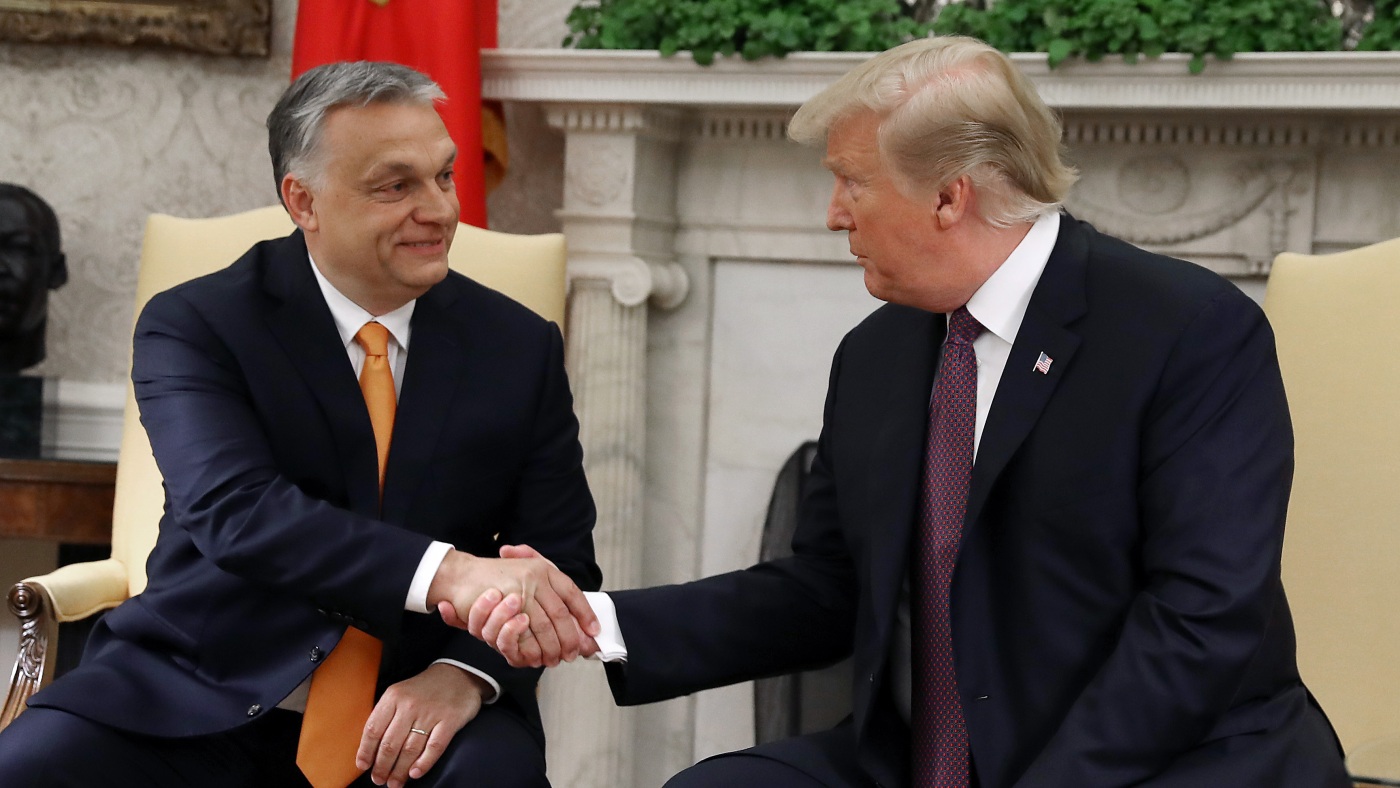Last Updated:
The prime minister’s leadership is marked by an emotional intelligence that often goes unseen in conventional politics
PM Narendra Modi with Nara Lokesh (left) and Shrikant Shinde (right). (News18)
On the morning of June 21, as the Sun rose over the coastal town of Visakhapatnam, a state-wide celebration of International Yoga Day unfolded in Andhra Pradesh. But beyond the Yoga mats and pranayama sessions, what truly struck a chord with the people was Prime Minister Narendra Modi’s warm and public praise for a rising leader—Nara Lokesh, son of Andhra Pradesh Chief Minister Chandrababu Naidu.
In his address, PM Modi didn’t just compliment Lokesh’s month-and-a-half-long effort to turn Yoga Day into a people’s movement, he affectionately referred to him as “Bhai”, not once but multiple times. The crowd noticed, and so did the political observers. A spontaneous moment the evening before had already gone viral—a candid photo of PM Modi placing a friendly arm around Lokesh and the two sharing a laugh. In Andhra’s political circles, the message was loud and clear: Lokesh had arrived.
But this wasn’t a one-off interaction. Recently, PM Modi invited Lokesh and his family to his official residence in Delhi. Over two hours, they discussed governance, politics, personal anecdotes, and even Lokesh’s young son, Devansh, who walked away utterly delighted. It was a rare, relaxed meeting that showed how the prime minister nurtures personal relationships even in the thick of political life.
If Lokesh is the “Bhai”, then Shrikant Shinde, Shiv Sena MP and son of Maharashtra Deputy Chief Minister Eknath Shinde, is the “Bhau”. A moniker usually reserved for an elder brother, the nickname was picked up by PM Modi after hearing how fellow MPs affectionately referred to Shrikant during an international delegation tour.
What surprised many was how PM Modi—known for his sharp memory and attention to detail—not only noticed this but embraced it publicly. In fact, it was during the multi-party delegation’s return that a picture of Shrikant with the prime minister went viral, prompting people to take note of the growing rapport between the two.
Back home, even Eknath Shinde couldn’t hide his pride. During a speech on Shiv Sena Foundation Day, an emotional Shinde Sr spoke of how his son had made every Sena worker proud—and even more so, his own father.
PM Modi’s mentorship style isn’t always loud or ceremonial—but rather consistent, direct, and deeply personal. One of the youngest ministers in his cabinet, TDP’s Rammohan Naidu, discovered this during one of the most emotionally taxing times: the Air India crash in Ahmedabad.
As the minister in-charge faced growing pressure and grief, PM Modi offered crucial advice—remain calm, composed, and focused. He cited his own experiences during natural disasters, including moments where he had personally lifted victims’ bodies during relief efforts. At a review meeting in Ahmedabad, the prime minister emphasised, “It’s easy to get emotional; staying steady is the true test of leadership.”
Such interactions reflect how Modi communicates not just with ministers, but with fellow MPs across party lines. Whether it’s telling TDP MPs to “call him anytime” if they need anything—“after all, he’s an MP too”—or advising LJP leaders to make the most of their “MY” (Mahila-Yuva) combination, Modi’s messages resonate with both the politically seasoned and the first-timers.
For many within the NDA, these aren’t just niceties—they are moments of validation, encouragement, and connection. Take, for instance, Chirag Paswan, who often says Modi is his “Ram”, while he sees himself as “Hanuman”. The emotional bond is deeply felt, especially given the personal and political upheavals Chirag has faced.
Children and teenagers too have stories. Whether it’s Jaiveer Shergill’s daughter, who was told by the PM, “If your father troubles you, come to me,” or the late Ananth Kumar’s grandson, who declared to PM Modi that he wanted to grow up to be “Hanuman”, the anecdotes are as endearing as they are telling.
Even Poonam Mahajan’s daughter, upon meeting PM Modi, simply assumed he was her “Ajoba” (grandfather)—because he was, in her words, “so cool”.
Whether it’s through affectionate nicknames like “Bhai” and “Bhau”, informal dinners, or deeply human conversations during national crises, Modi’s leadership is marked by an emotional intelligence that often goes unseen in conventional politics. He isn’t just steering the ship—he’s also cultivating the next line of captains.
These moments may not always make it to the headlines, but for those involved, they become defining memories.
- First Published:






